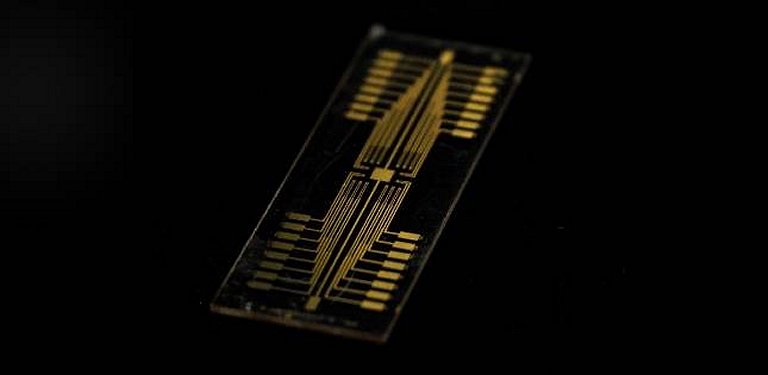TECH

The plastic brain
The term "neuromorphic" refers to mimicking the behavior of neural cells in the brain.
When talking about neuromorphic computers, the idea is to make computers process information in a more similar way to the brain, operating at high speed and with low energy consumption.
Various approaches are being researched. In the field of organic electronics, which works with polymers, most of the experiments done so far use the double PEDOT: PSS, a mixed conductor that carries electrons and ions.
However, the researchers had not yet been able to find an effective method to control the speed of response of these organic memoristors.
Shunsuke Yamamoto (Tohoku University) and George Malliaras (Cambridge University) have now overcome this obstacle.
To this end, they added another organic conductor to the PEDOT: PSS, PSS-Na, which carries only ions, which are the means of communication for our synapses.
The recipe could not have been more successful: The addition of an ion-conducting polymer greatly improved the response time of the neuromorphic device, making it much faster - the switching speed was five times greater than in the standard device using only the PEDOT: PSS.
The pair found that when mixing the two polymers, the ion diffusivity in the active layer of the device increased significantly.
"Our study paves the way for a deeper understanding behind the science of polymer driving," said Yamamoto. "Looking ahead, it may be possible to create artificial neural networks made up of multiple neuromorphic devices."
Authors: Shunsuke Yamamoto, George G. Malliaras
/i.s3.glbimg.com/v1/AUTH_da025474c0c44edd99332dddb09cabe8/internal_photos/bs/2026/H/s/ZXoIEhRAi9QoaSok5BUA/5452290-block-lockup-reverse-black-500x500.gif)
No comments:
Post a Comment